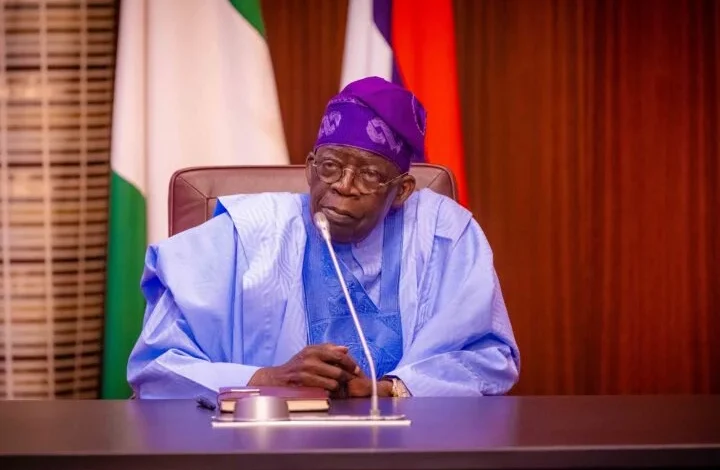
President Bola Tinubu has officially ratified and adopted a road map for the Nigerian Electricity Supply Industry (NESI) by approving the National Integrated Electricity Policy. The policy, which aims to unlock $122.2 billion in investments, is a major step toward overhauling Nigeria’s power sector and ensuring its long-term sustainability.
During the Federal Executive Council meeting on Monday, Tinubu ratified the long-awaited policy, which had been initially submitted in December 2024. The National Integrated Electricity Policy is designed to position Nigeria to attract significant investment, enabling reforms aligned with the nation’s development goals and international best practices, as stipulated in Section 3(3) of the revised Electricity Act 2023.
The policy is set to raise $122.2 billion in investments over the next 21 years (from 2024 to 2045) to diversify the country’s energy sources, reduce reliance on the national grid, and enhance the stability and sustainability of Nigeria’s energy infrastructure. As part of this vision, the policy aims to move away from the current reliance on hydropower and gas-fired thermal plants by incorporating a range of alternative energy sources, including hydrogen, solar photovoltaics, biomass, wind, nuclear, and concentrated solar power. Additionally, it focuses on integrating carbon capture, utilization, and storage (CCUS) technologies and bioenergy.
The policy also outlines an investment of $192 million between 2024 and 2028 to enhance Nigeria’s transmission capacity nationwide, further supporting the development of a more resilient and reliable power system.
A statement from Bolaji Tunji, the Special Adviser to the Minister of Power on Strategic Communications, quoted Minister Adebayo Adelabu, who confirmed that the implementation of the new electricity policy is already underway. According to Adelabu, the impact of the policy will soon become evident across the power sector.
“The road map policy addresses critical challenges in Nigeria’s electricity sector through a comprehensive framework for sector transformation,” Adelabu said. “It provides clear guidelines for sustainable power generation, transmission, distribution, the integration of renewable energy, and promotes energy efficiency and improved governance of the sector.”
Adelabu also highlighted the passage of the Electricity Act 2023 as a pivotal moment for the sector, marking a transformative change that lays the foundation for NESI. He emphasized that this policy will guide all stakeholders including federal and state governments, market participants, investors, and citizens through the energy transition, fostering socio-economic growth and sustainable development in the country.





